Is Oil Good for You? Is Oil Healthy?
There’s a lot of misconception about oil. Is oil healthy? Are there healthy oils? In this post we expose the myths and misconceptions. Here are the facts and why you need to know them.
I once read a quote that said, “‘ The problem with internet quotes is that you can’t always depend on their accuracy.’ – Abraham Lincoln, 1864” 🙂
The most popular diet fads on the internet currently are those that tell you to eat more fat.
Coconut oil
Butter
Ghee
Olive oil
Flax oil
These diets claim that fat is the missing link to easy weight loss, and if you just eat more fat all your problems will melt away.
Is this true?
The First Question to Ask
The first question most people ask is, “Does it work?” While that is a very important question (and I will answer it in a minute), it shouldn’t be your first question.
After all, smoking can help you lose weight. So can amphetamines. And tapeworms.
The first question we should ask is, “Is it healthy?”
Is Fat Healthy?
Yes, the human body does need healthful fats for brain development, hormone synthesis, cell regeneration, and other functions.
However – and this is a BIG however – the best sources of that fat are whole foods such as nuts, seeds, olives, avocados, whole grains, and legumes, not refined /processed foods.
100% Refined, 100% Processed
When we hear the term processed foods, we usually think of potato chips, Twinkies, and hot dogs. People usually don’t think of oil as a processed food. But is it?
Processed food are foods that are processed in such a way that much of the fiber and other nutrients have been removed. That’s exactly what happens when oil is made.
Stripped!
To get oil, the whole foods (like olives, coconuts, and sunflower seeds) must be processed and stripped of all of their fiber, all of their protein, all of their minerals, and hundreds of other nutrients that were originally in the whole food.
The result is a highly processed food – a concentrated source of calories without the nutrients and other components of the original food to manage those calories.
Is Oil Healthy? What About Unrefined Oil?
Despite what food manufacturers would have you believe, there is no such thing as unrefined oil.
The only way to get oil out of whole foods (like olives, coconuts, and sunflower seeds) is to process the whole foods. They must be stripped of their fiber, protein, minerals, etc. to become oil.
If they aren’t processed/refined, then they are still olives and coconuts and sunflower seeds!!
Even so-called “healthy” oils, like olive oil and coconut oil, are still refined and highly processed.
Calories Without Nutrition = Junk Food
Because all oils have to be highly processed to be oil (otherwise they would still be olives … or sunflower seeds … or coconuts … or whatever the oil is made from) there are almost no nutrients left in oil.
Oil contains no fiber, no minerals, and almost no vitamins. What’s left? Calories. Calories without nutrition.
What do we call calories without nutrition?
Junk food!
48 Olives on Your Little Salad?
When a whole food like sugar cane is processed, most of the fiber and other nutrients are removed, and the result is sugar – a highly processed food. It takes 3 feet of sugar cane to make 1 tablespoon of sugar. You would never eat 3 feet of sugar cane at one sitting. (If you’ve never tried sugar cane, trust me on this one! That stuff is tough!) And yet you can easily eat a tablespoon – or more! – of sugar in an average dessert.
The same with oil.
It takes about 48 olives to make 2 tablespoons of olive oil. Most people don’t eat 48 olives on their salad, yet it isn’t uncommon to top a salad with a couple tablespoons of oil in the form of salad dressing (or straight oil).
Mayonnaise on your sandwich? Easily another 2 tablespoons of refined oil.
And a tiny 2.5 ounces of potato chips? Another 2 tablespoons of oil.
Oil and Weight Gain
With 120 calories and 14 grams of fat per tablespoon, oil is the most calorically dense food there is.
Eat just over 3 tablespoons of oil per day and an extra 400 calories has slipped into your stomach. Because oil is added to so many foods (everything from hummus to breakfast bars to peanut butter and more), eating 3 tablespoons daily is probably a lot easier than you think!
Another factor is that oils are also nutrient-poor.
These two factors alone contribute to weight gain.
That said, many people are able to lose weight by adding more fat to their diet. Why? Because eating a lot of fat can reduce your appetite. But for many, the weight loss is only short term, and for all, this comes with a number of health risks.
(For a healthier way to lose weight AND keep it off, join my weight loss program.)
What happens when we eat oil?
1. Digestion is hindered.
Poor digestion can contribute to acid reflux, toxin build up, long-term digestive issues, bloating, headaches, and cravings.
2. The blood gets thicker and milky with fat.
This inhibits circulation. Blood flow to the heart and the brain and all other organs is diminished.
3. Oil triggers endothelial dysfunction.
This causes the arteries to stiffen and constrict, which increases your risk for blood clots, hemorrhages, high blood pressure, heart disease, and stroke.
4. Inflammation
The oil also triggers an inflammatory response in the body.
What diseases are caused by or aggravated by oil in the diet?
1. Heart disease
Dr. Robert Vogel at the University of Maryland reported in the Journal of the American College of Cardiology that olive oil was found to reduce blood flow in arteries by 31% after consumption.
2. Diabetes
Oil increases intramyocellular lipids with causes insulin resistance. This means that the body can make insulin, but the cells become resistant to it, and so glucose stays in the blood stream and blood sugar levels rise.
3. Arthritis
Several studies have shown that placing rheumatoid arthritis patients on diets that were free from oil and animal fats can bring about complete remission from pain. When oil or animal fat is added back to the diet, symptoms recurred within 72 hours.
4. Gallbladder disease
More than 90% of gallstones found in people living in affluent nations are composed primarily of cholesterol. A diet high in cholesterol-containing foods is the primary contributor, but oil causes the liver to excrete larger quantities of cholesterol that pass into the fluids in the gallbladder, and contribute to stone formation.
5. Inflammatory bowel disease
Studies have shown myristic acid (found in coconut oil) to be associated with increased odds of an ulcerative colitis flare.
Other oils have been shown to increase inflammation which can aggravate IBD.
6. Cognitive performance
Diets rich in cholesterol and/or saturated fats have been shown to be detrimental to cognitive performance.
7. Cancer
People groups who eat the least amount of oil have the lowest incidence of breast, colon and prostate cancers. Oil has been shown to suppress many natural microbe killing mechanisms with a marked decrease in cytokine, tumor necrosis factor-alpha and interferon-gamma.
What about coconut oil? Is coconut oil healthy?
Invariably, when I talk about the negative health effects of oil, I get the question, “What about coconut oil?”
The fact that this question is so often asked demonstrates what an amazing job the media has done at “educating” us.
While coconuts (the whole food) may be good for our health, in order to get oil out of the coconut, all of the fiber and most of the other nutrients have to be processed out of it. So, coconut oil is a highly refined/processed food. There is no such thing as unrefined coconut oil (even if a label says otherwise).
If it is unrefined, it’s still a coconut!
What about butter?
Butter causes many of the same negative effects as does oil. I’ve devoted an entire post to butter here.
What about “healthy” vegan butter?
What about Earth Balance, Smart Balance, Miyoko’s Kitchen, Nutiva, and other vegan butters? The primary ingredient in these vegan spreads is oil – highly-processed, refined oil.
Is olive oil healthy?
Olive oil is touted as “heart-healthy”. Is this true?
In studies where olive oil replaced animal fat (like butter) in the diet, participants exhibit lower LDL cholesterol levels. This is because a fat that is very harmful was replaced with a fat that is less harmful (but still harmful).
But what if you reduce both butter and olive oil from the diet? LDL cholesterol is lowered even more.
Studies show that olive oil – just like all oils – reduces blood flow and contributes to heart disease. It just doesn’t do it as much as butter does.
Is walnut oil healthy?
You’re better off eating the whole food instead. All oils are refined, processed food.
What about grape seed oil?
All oils are refined, processed food – even grape seed oil.
Is avocado oil healthy?
Avocados are healthy as a whole food; but the oil is a refined/processed food.
Flax seed oil?
You’re better off eating flax seed. All oils are refined, processed food.
What about motor oil?
In your car? Yes, that’s good.
What about all the health benefits of coconut oil (or olive oil or …)?
Any special properties in oil can be found in the whole food they came from … and the whole food is not stripped of its naturally-occurring nutrients.
Isn’t the Mediterranean diet – with lots of olive oil – a healthy diet?
The Mediterranean diet offers many health benefits, but these benefits come from the abundance of fruits, vegetables, and legumes in the diet, not from the olive oil. Studies show that when oil is removed from the Mediterranean diet, all the benefits of the diet remain. When the fruits and vegetables are reduced in this diet, the benefits are lost.
Consider this: Greeks consume a high amount of olive oil and they also have the highest obesity levels in Europe.
Does this mean I shouldn’t eat ANY oil!?
Most of us do not eat a perfect diet. Just as an occasional sweet treat probably doesn’t mean we’ll develop diabetes, a little bit of oil probably doesn’t mean we will get the diseases mentioned above. The problem is most people eat far more harmful foods than they realize.
Many physicians and dieticians (such as Dr. Caldwell Esselstyn, Dr. John McDougall, Dr. Michael Greger, Dr. Linda Carney, Dr. Neal Barnard, Dr. T. Colin Campbell, Dr. Joel Fuhrman, Dr. Michael Klaper, and Jeff Novick) recommend an oil-free diet.
I fully agree with this recommendation and advise that it is best to eat as little oil as possible.
What will happen if you stop eating oil?
1. You’ll have better digestion.
Oil is difficult for the body to digest. Remove oil from your diet and your digestion will improve and you’ll feel lighter.
2. You’ll have more energy.
The burden that oil puts on your digestive system saps energy from the body. Plus, oil is very nutrient-poor and offers nothing in the way of keeping your body healthy and energetic.
3. You’ll lose excess weight.
As long as the oil isn’t replaced by other unhealthy foods (like sugar and white flour), removing oil from the diet can greatly help with weight loss.
Oil loads on 9 calories for every gram, while carbohydrates and protein only have 4 calories per gram.
But it isn’t just the calories that cause weight gain. Foods (like oil) that are highly refined and have no fiber simply cause weight gain.
Also, the complex carbohydrates found in fruits, vegetables, and whole grains can be burned as energy, but the calories in oil are the easiest type of calories for the body to store.
4. Your blood sugar levels will improve.
Oil – and other unhealthy fats – cause insulin resistance. Remove oil from the diet and insulin sensitivity will improve. (Just don’t replace the oil with other refined foods.)
5. You’ll reduce your risk of many diseases.
Good, Better, Best
Foods high in monounsaturated fats like olive oil are better than foods full of saturated and trans fats, like butter, meat, milk, margarine.
And eating a small amount of oil is better than eating a lot of oil.
But, for the best health, eat whole foods and use as little oil as possible.
How Can I Saute without Oil?!
How do you saute if you don’t use oil? You could water saute, but this option leaves vegetables bland and tasteless.
But if you don’t use water or oil, won’t vegetables stick to the pan?
Nope! Here are step-by-step instructions for how to dry saute onions – sauteing without oil or water for lusciously browned and flavorful onions every time!
Get Some Oil-Free Recipes!
Get some delicious oil-free recipes for a healthier you.
If this information has been helpful to you, consider giving a donation so we can continue to provide unbiased information for you and keep ads off the site.
You my also like:
Before you go . . .
Did you know that you can eat all this delicious food AND lose weight? You can!
No calorie counting. No portion sizes.
Join my online weight loss program today!

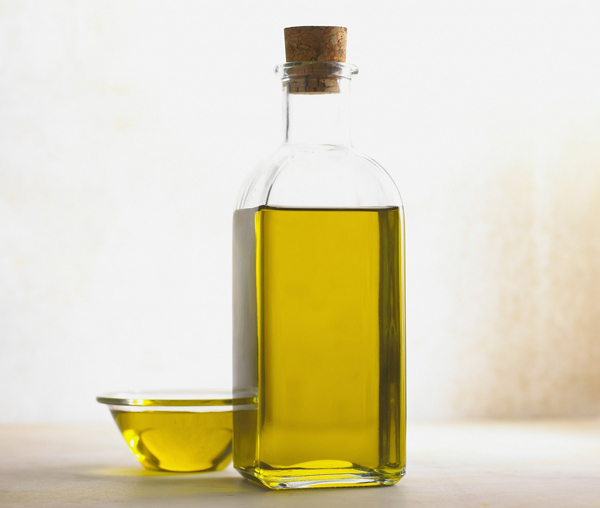
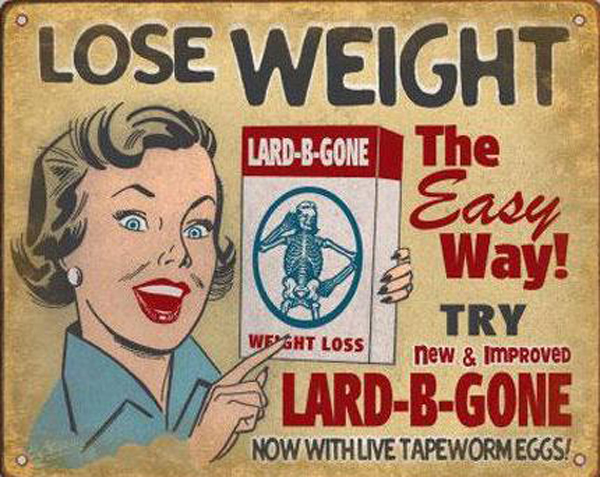
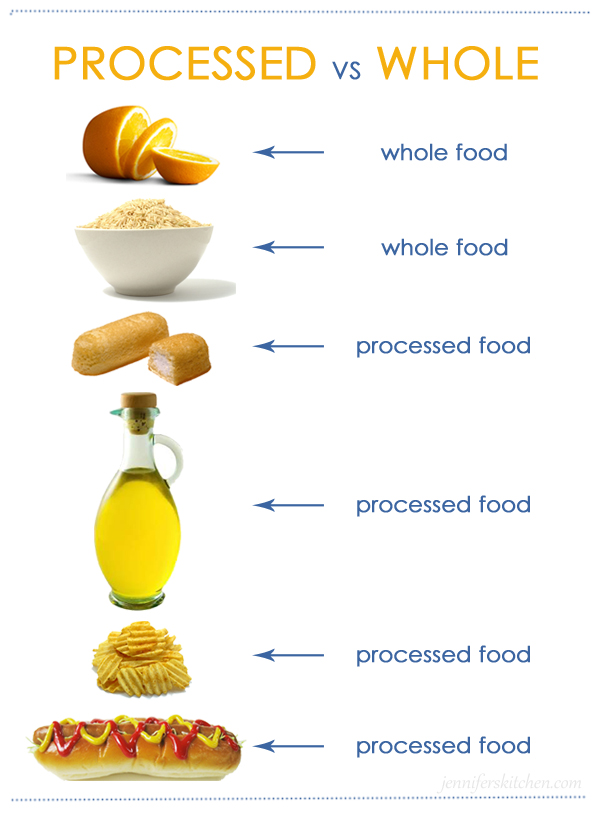
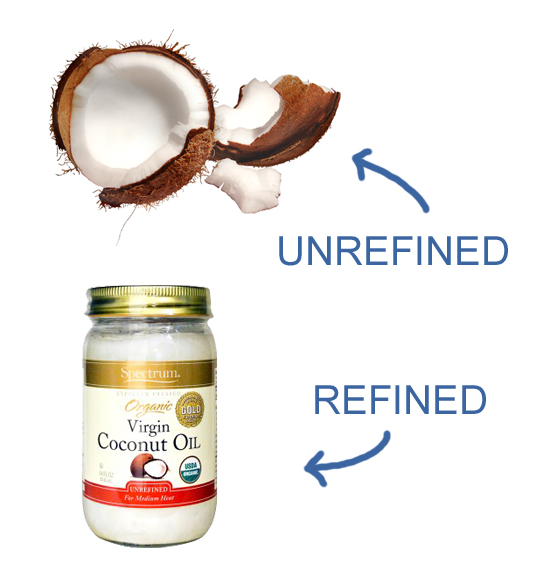
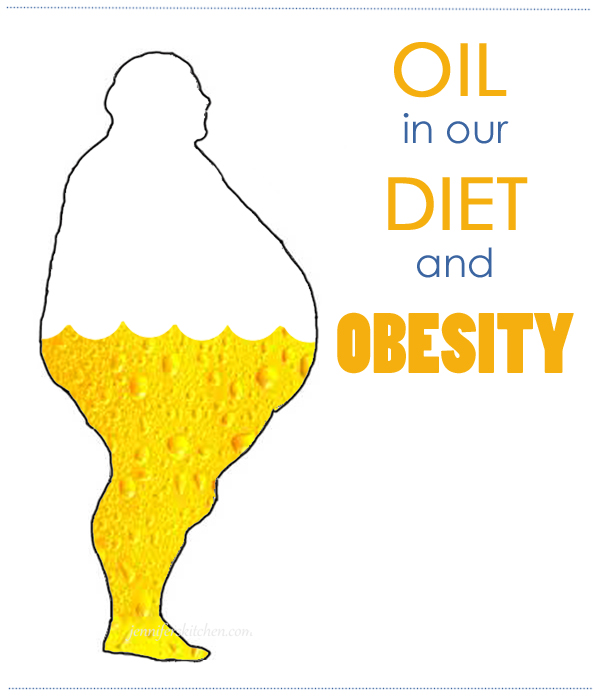

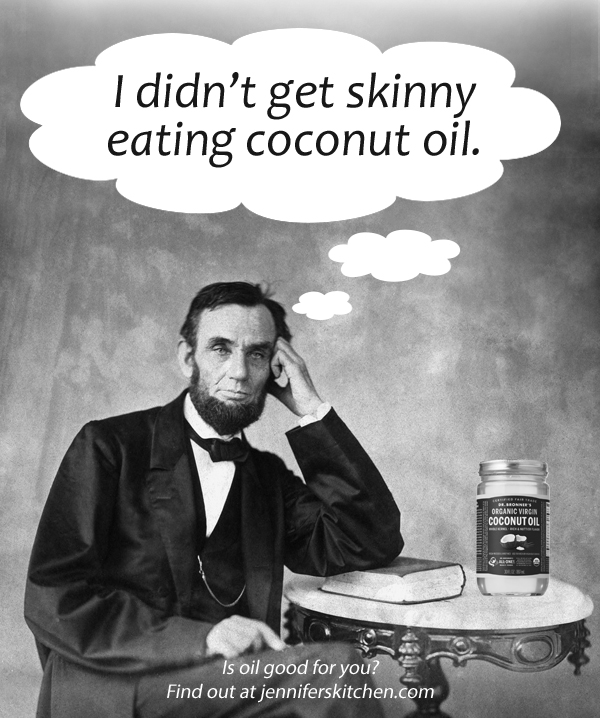
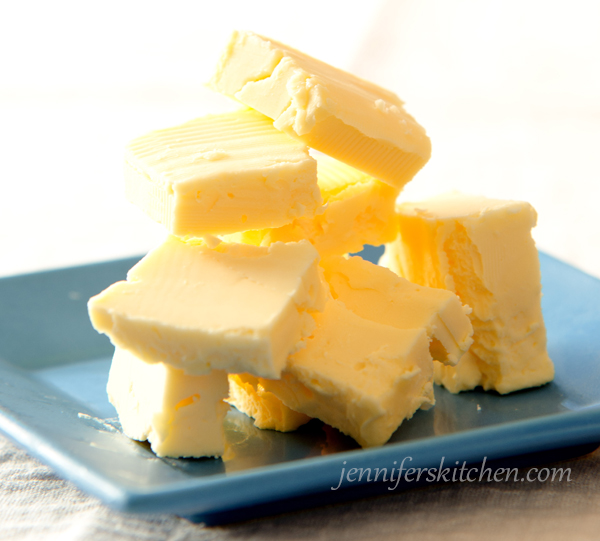
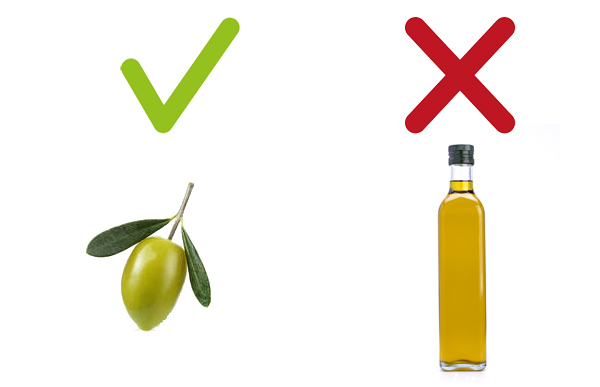
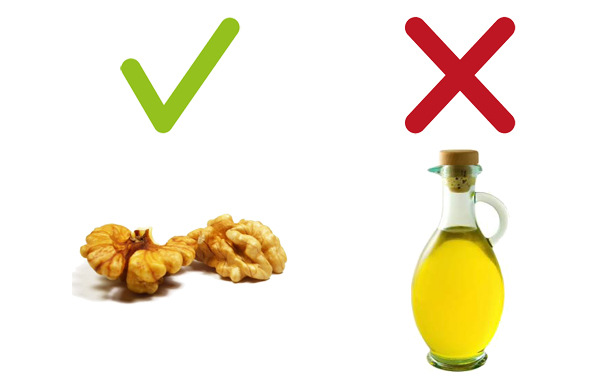
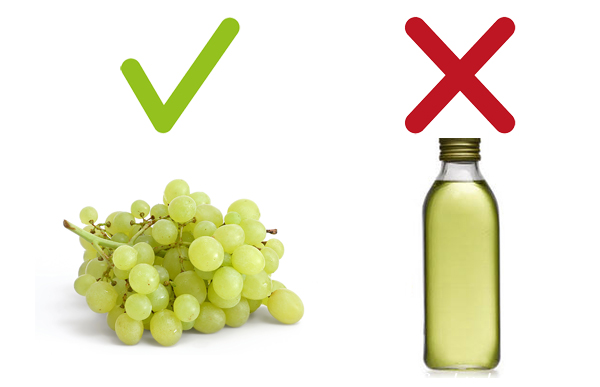
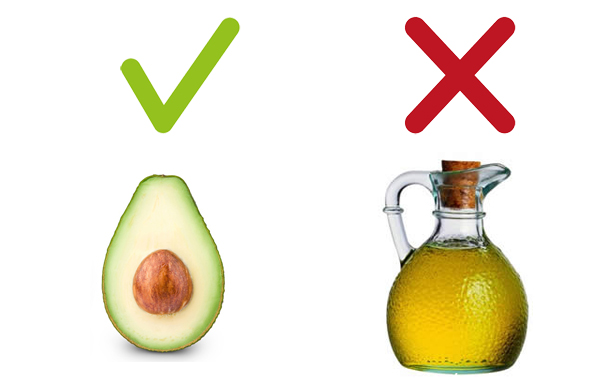
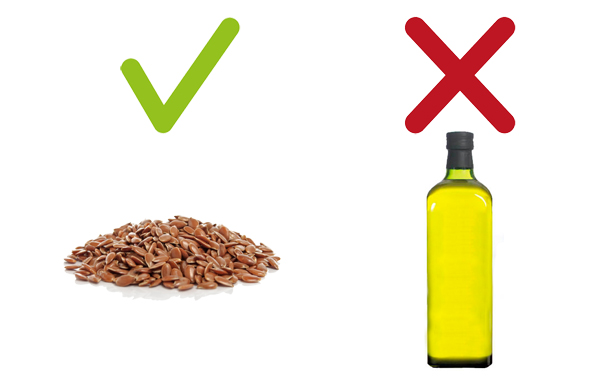
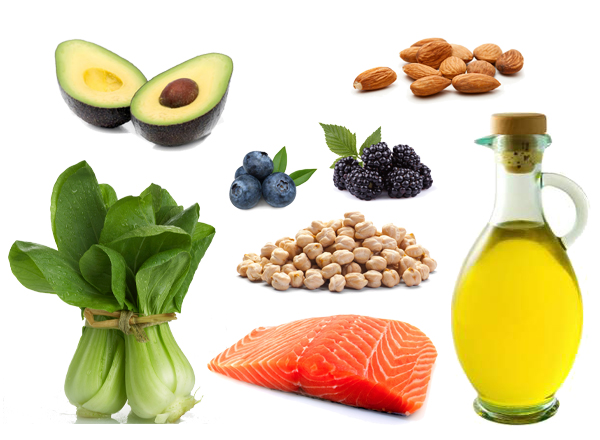

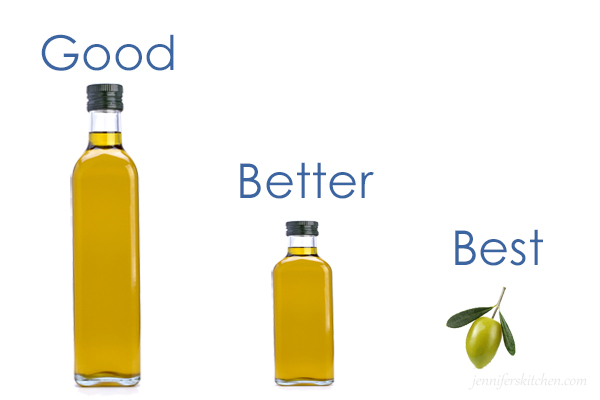
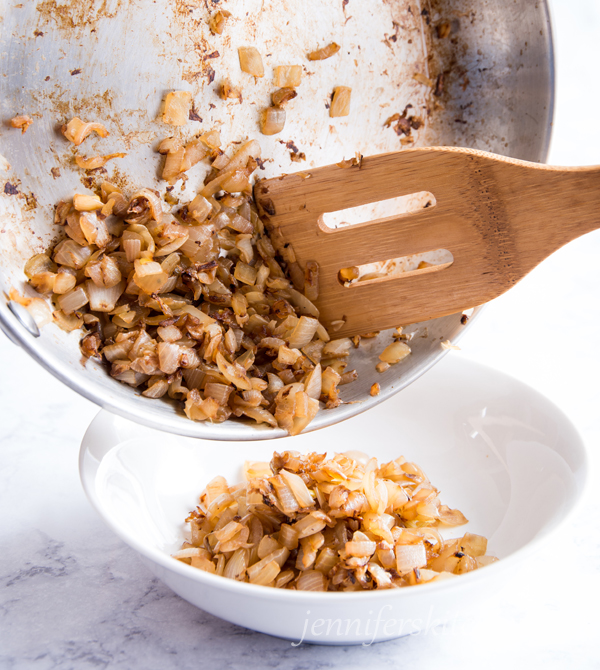
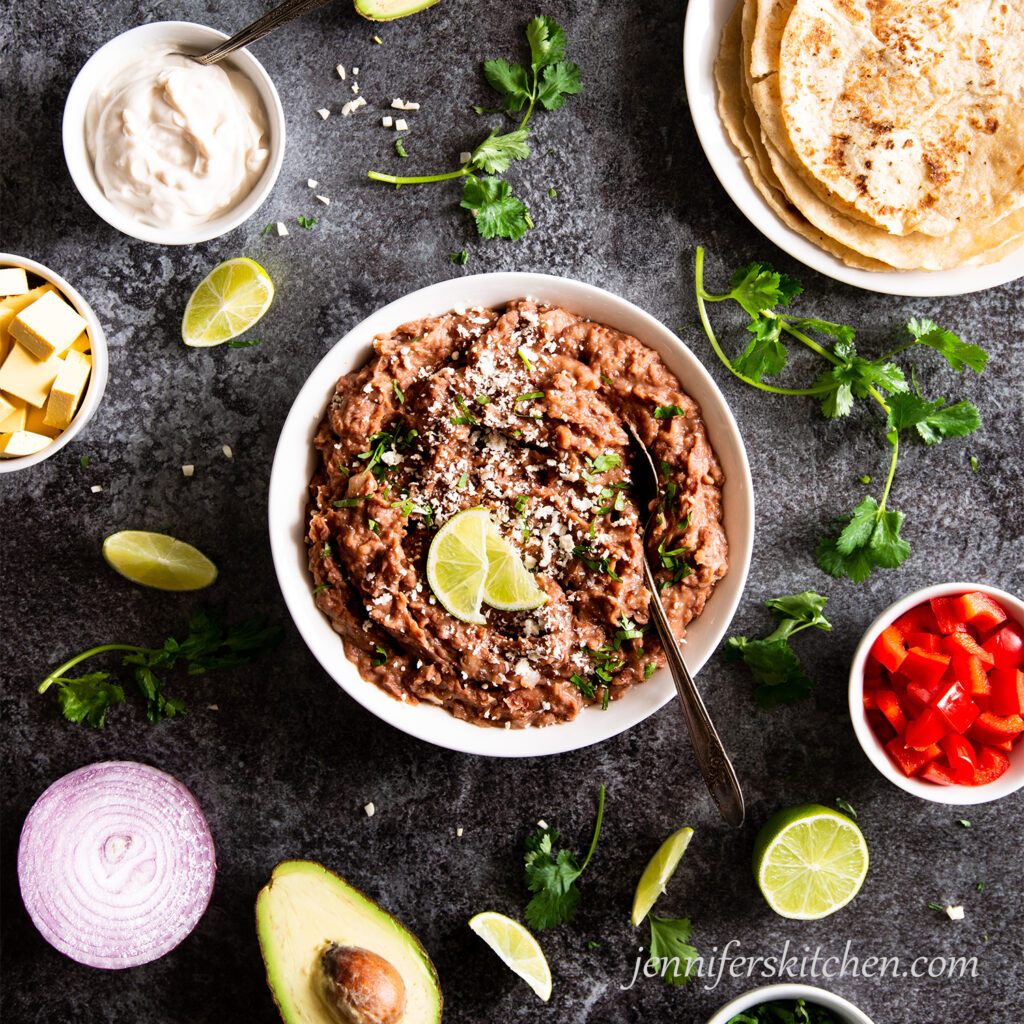
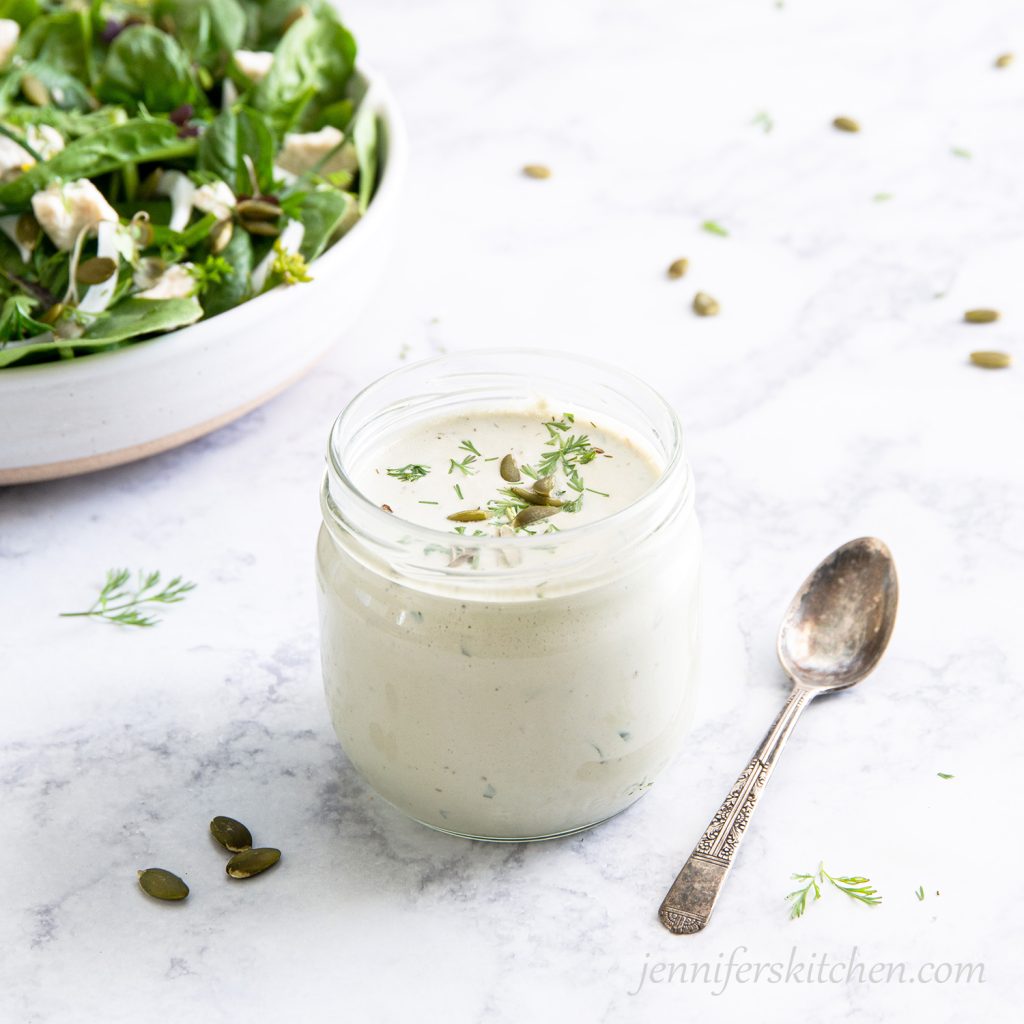
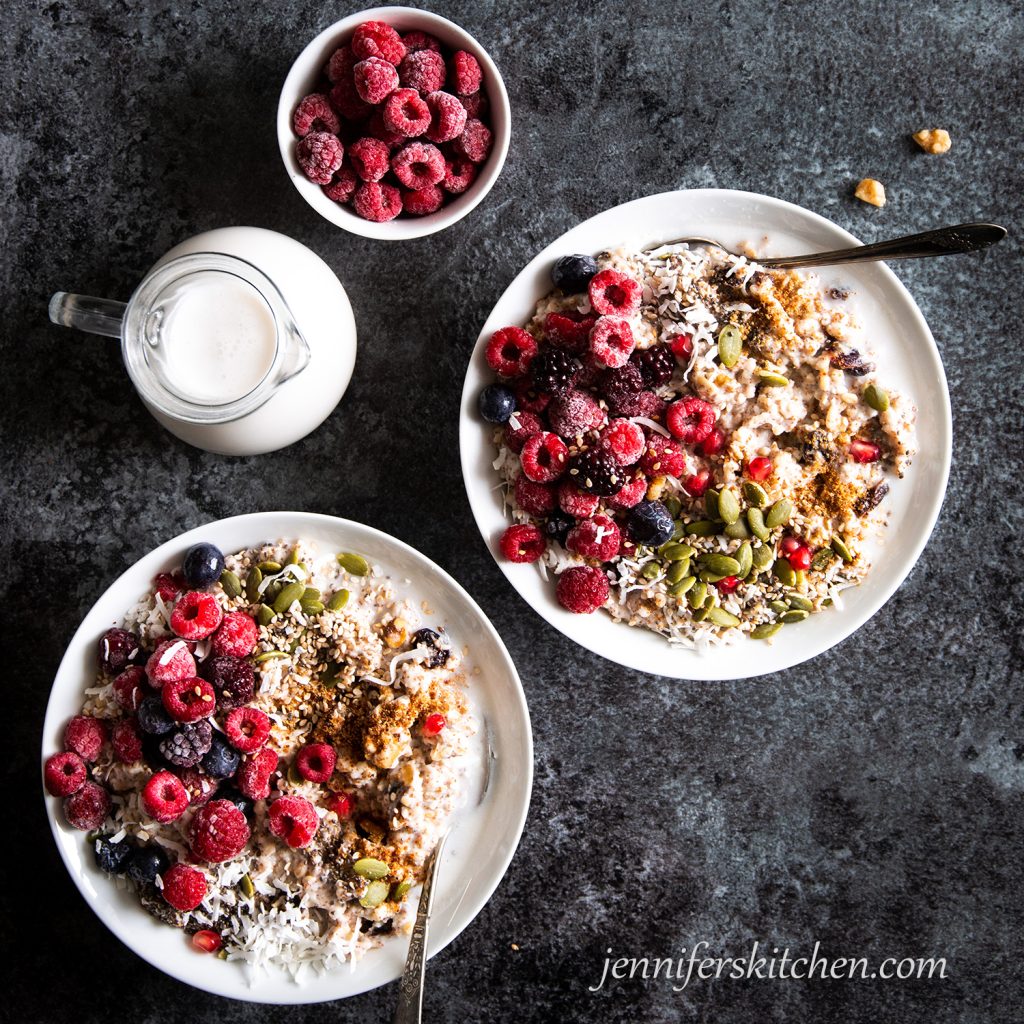
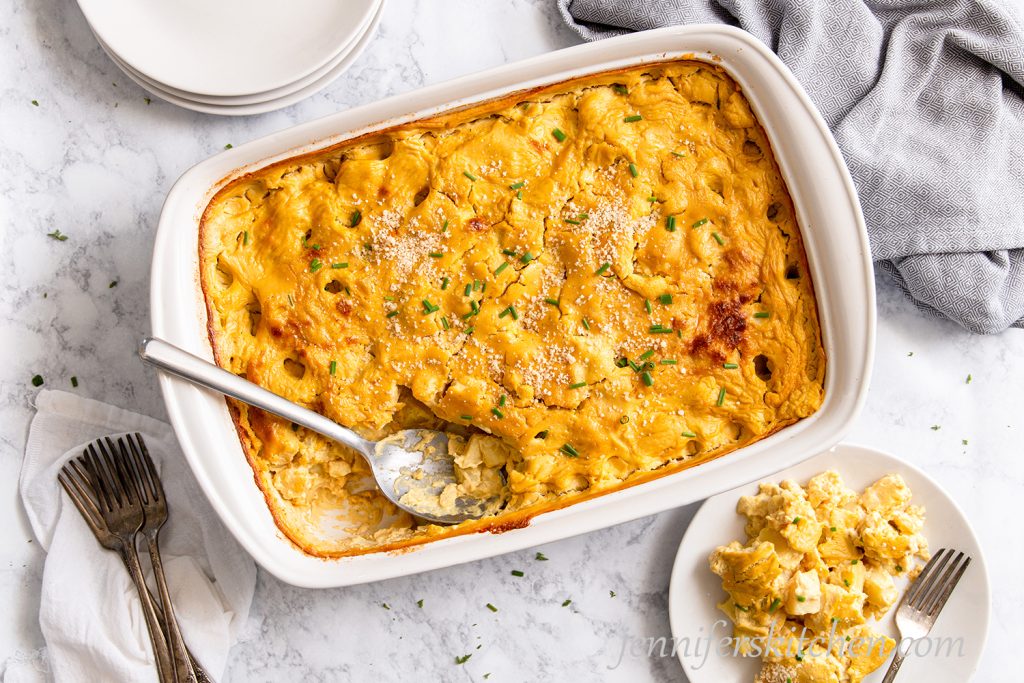
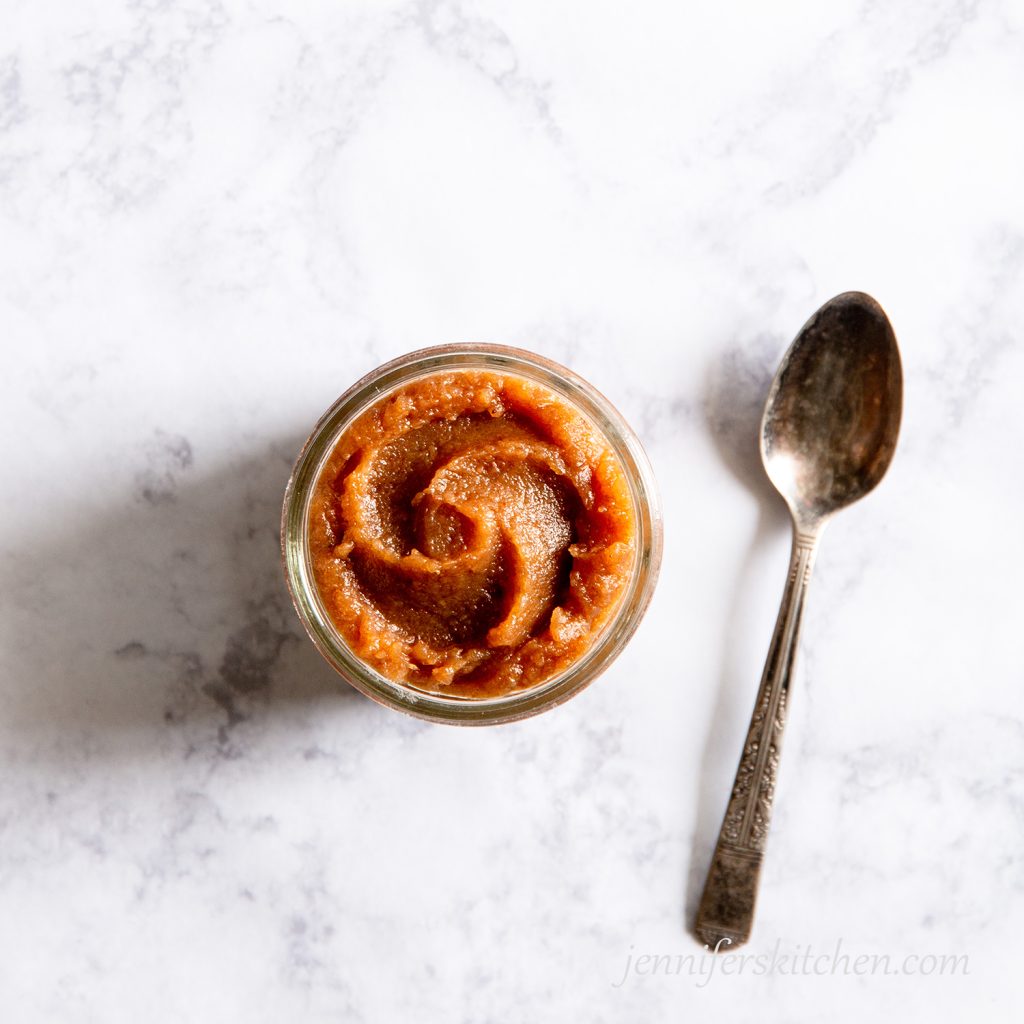
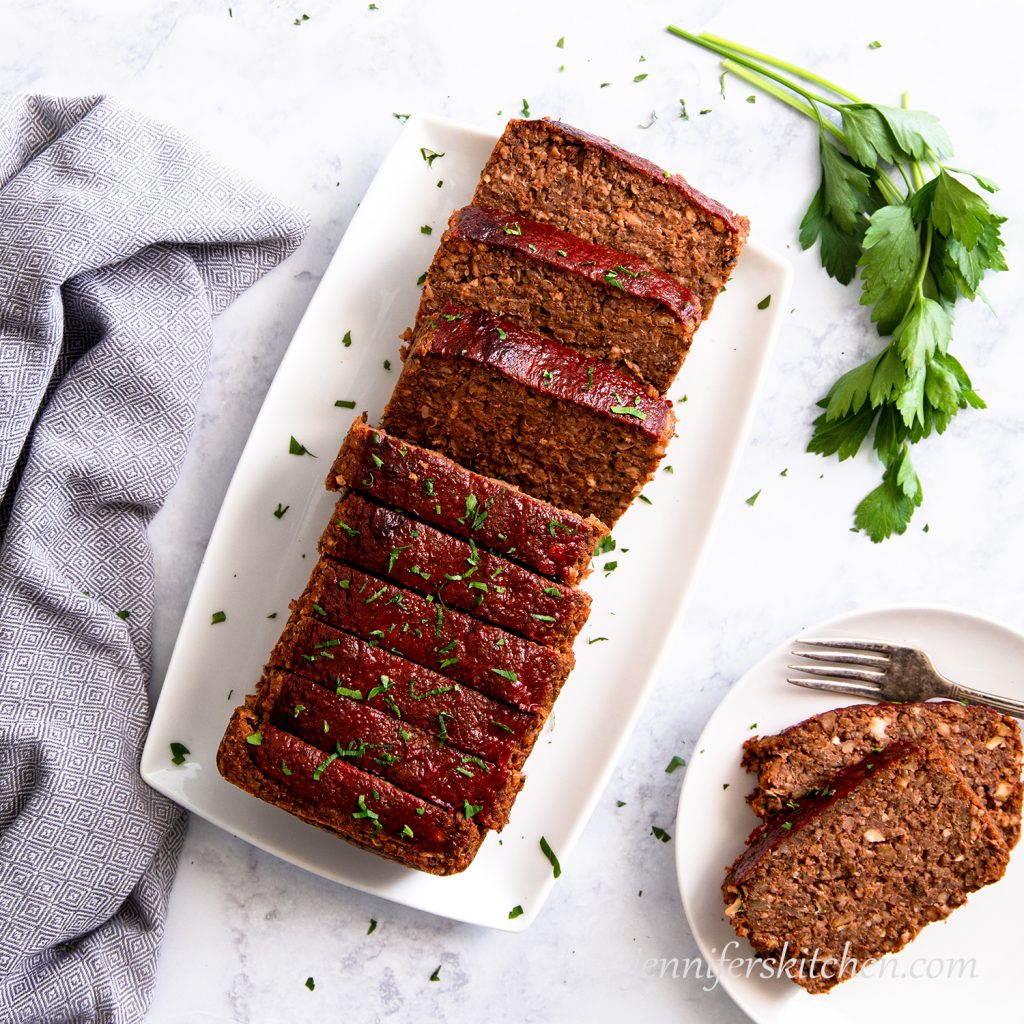
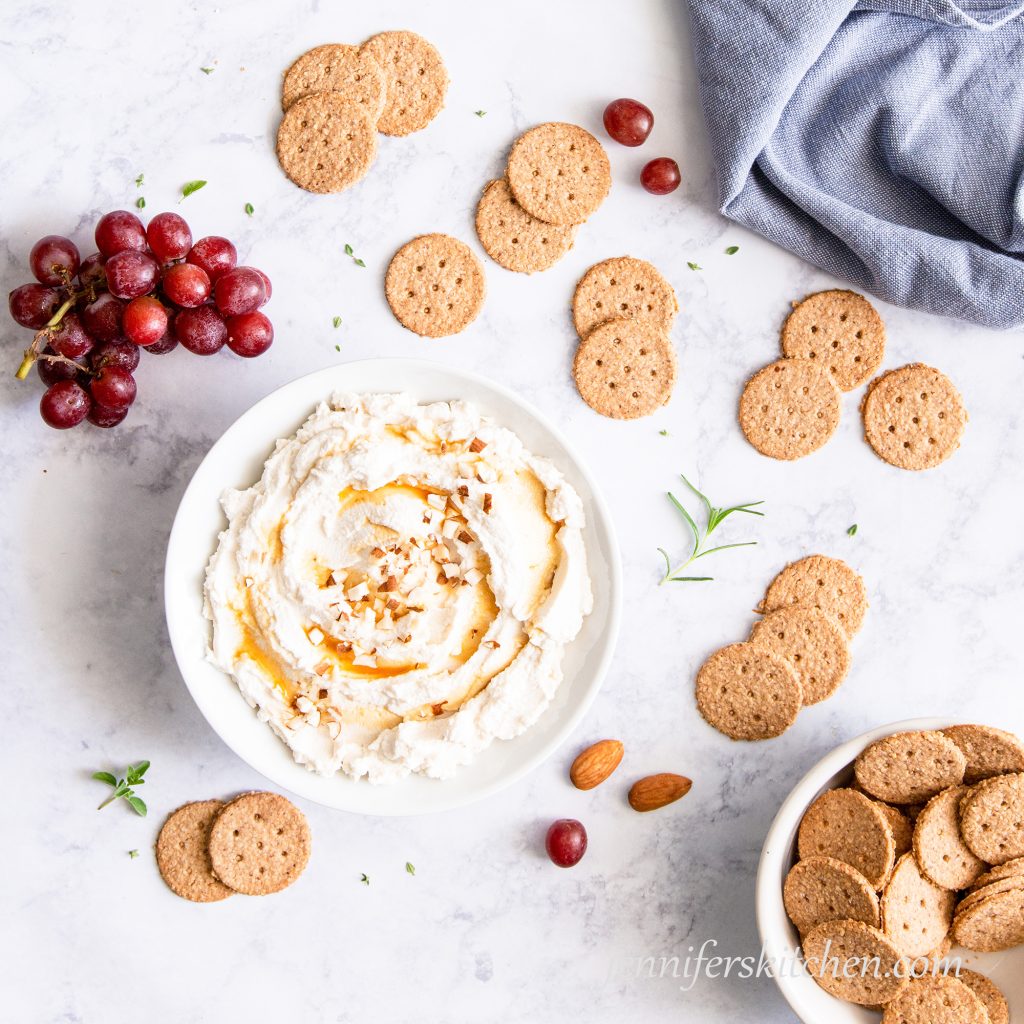
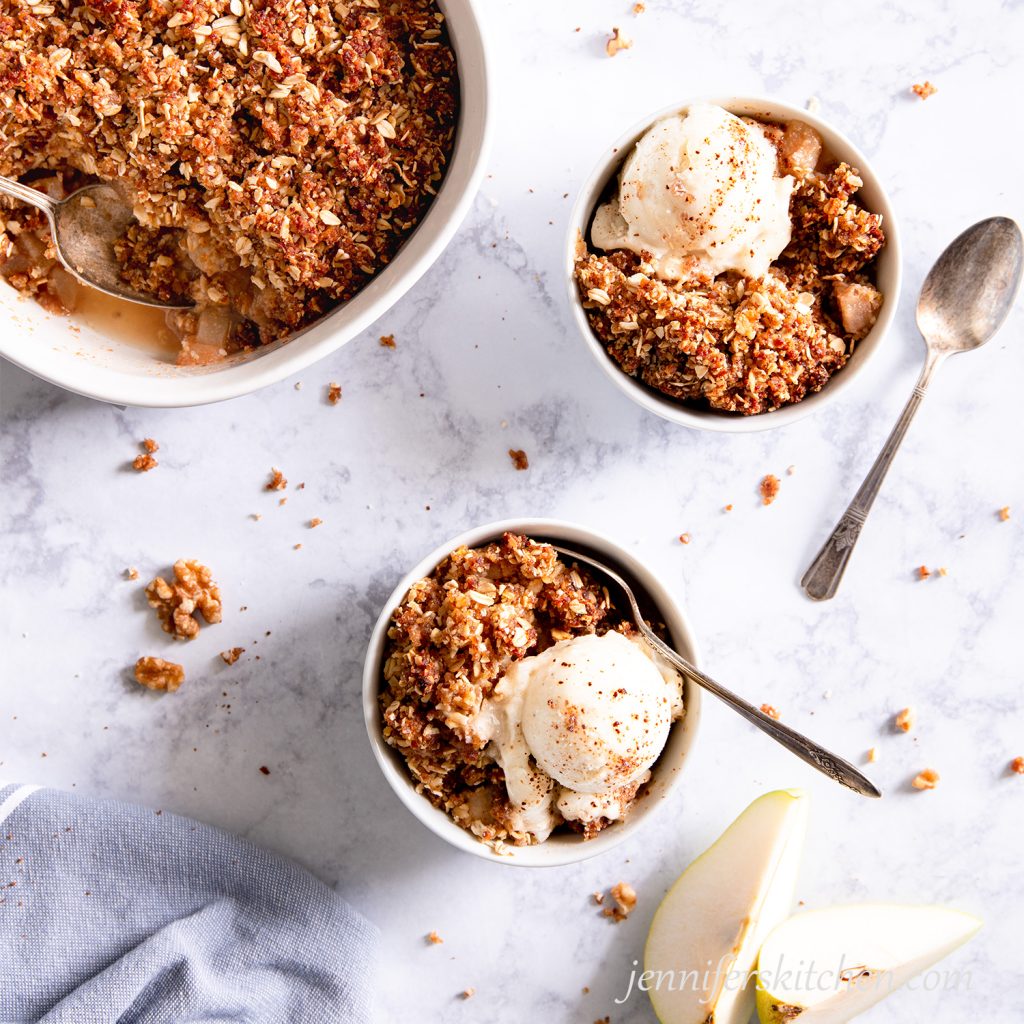
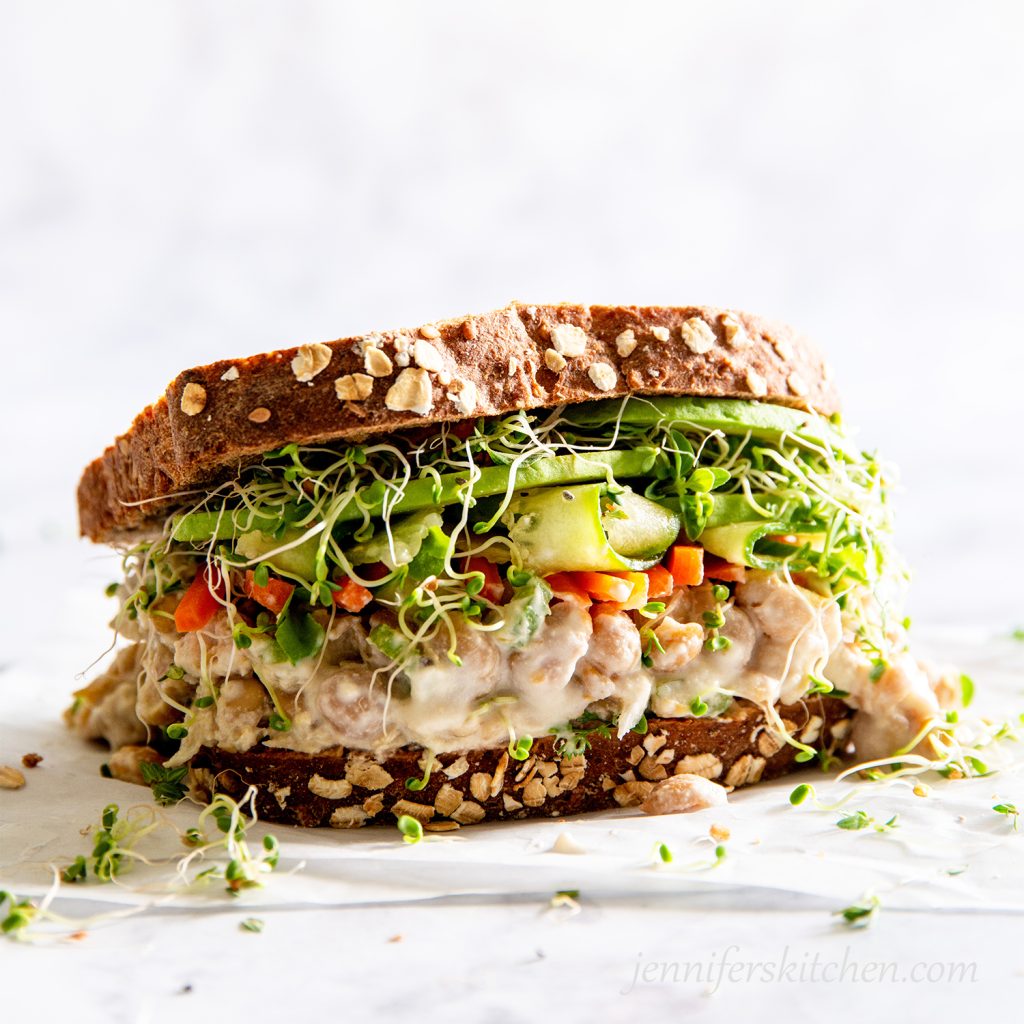
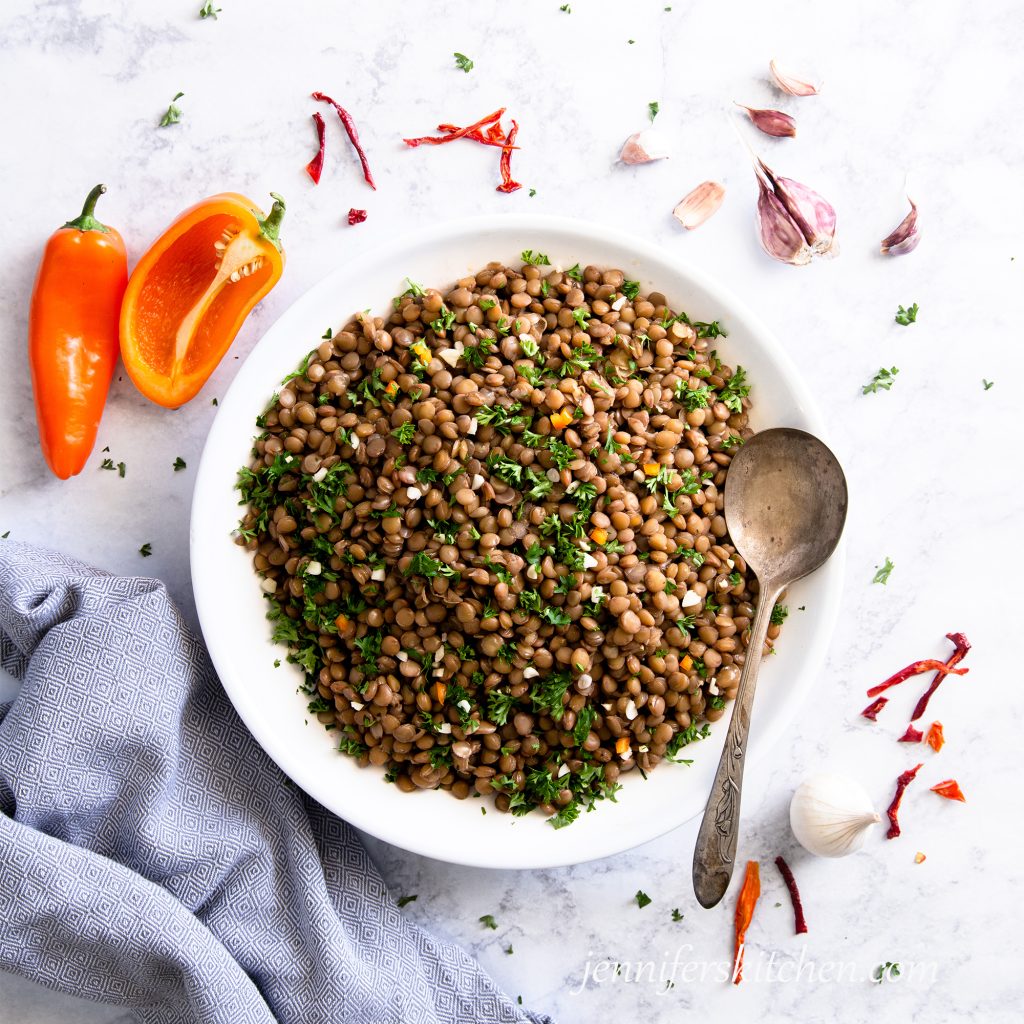

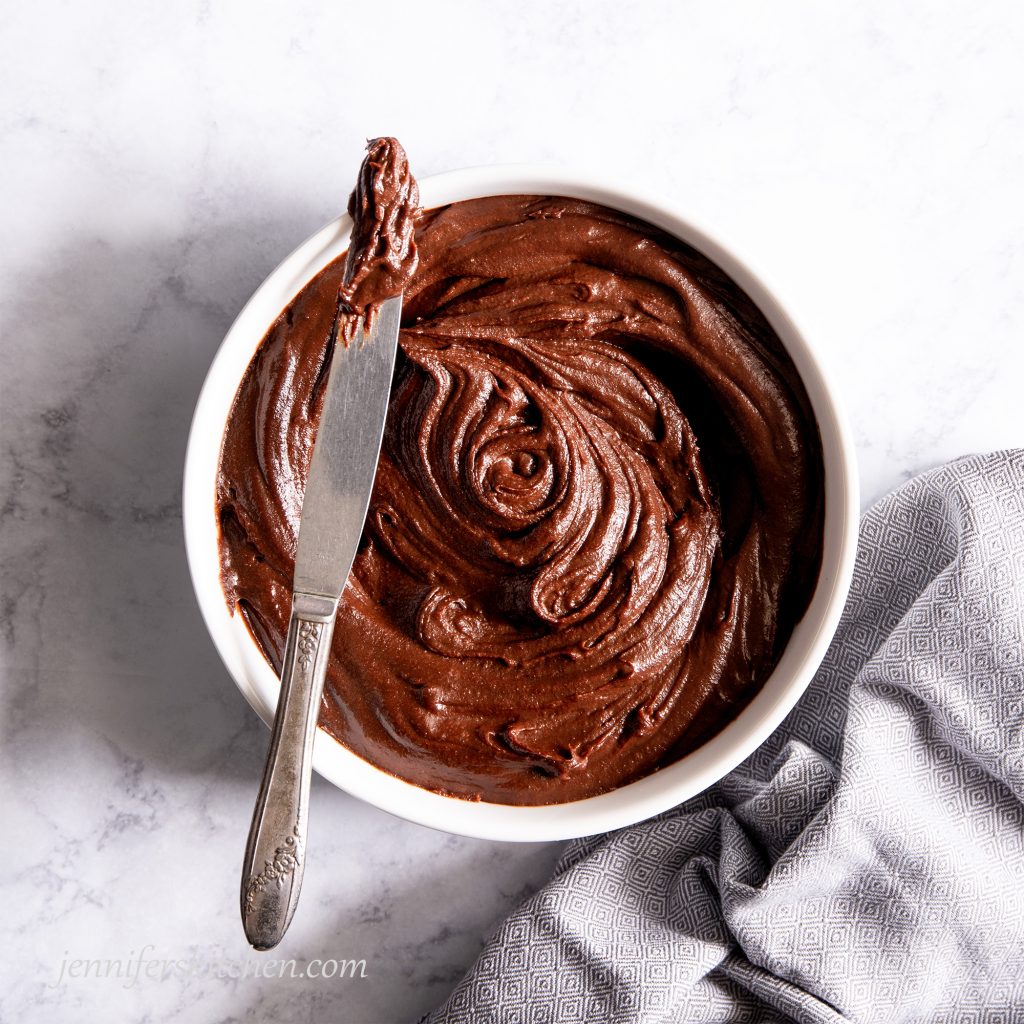
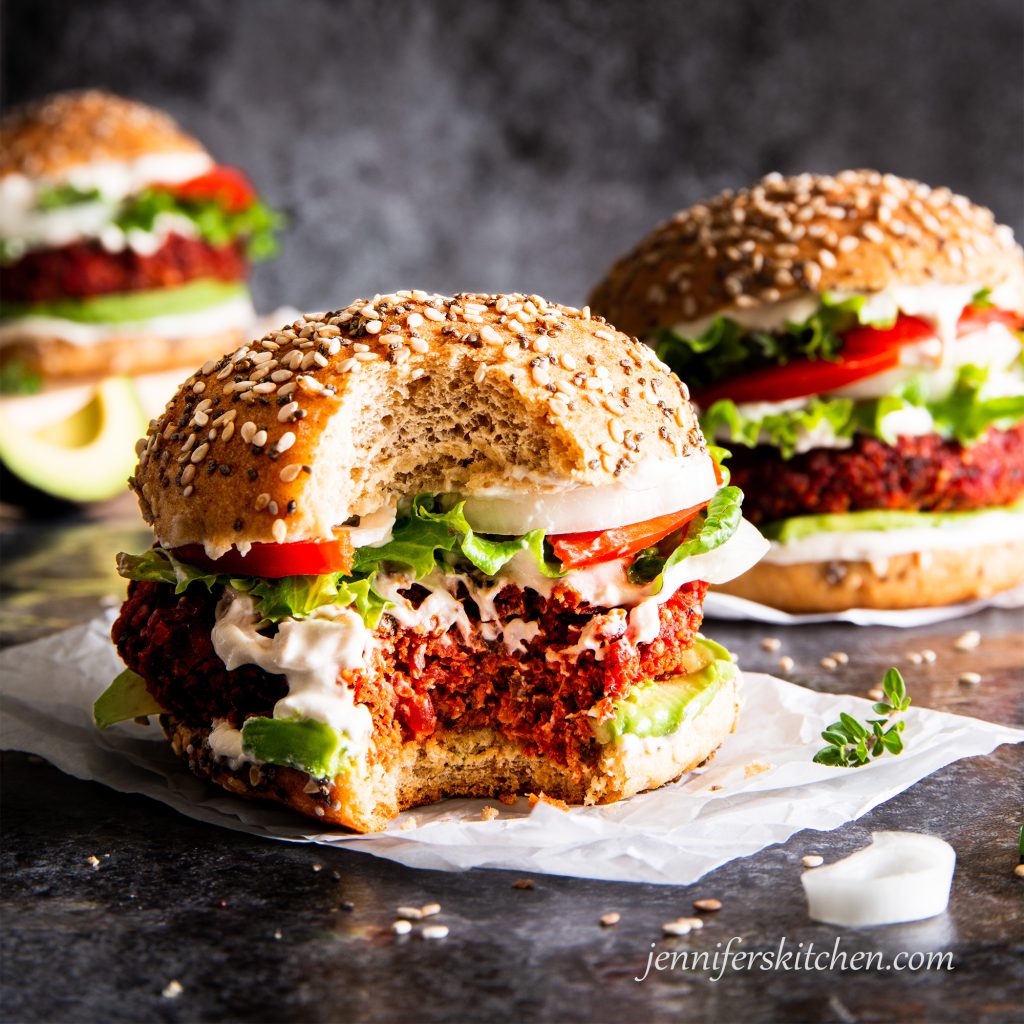
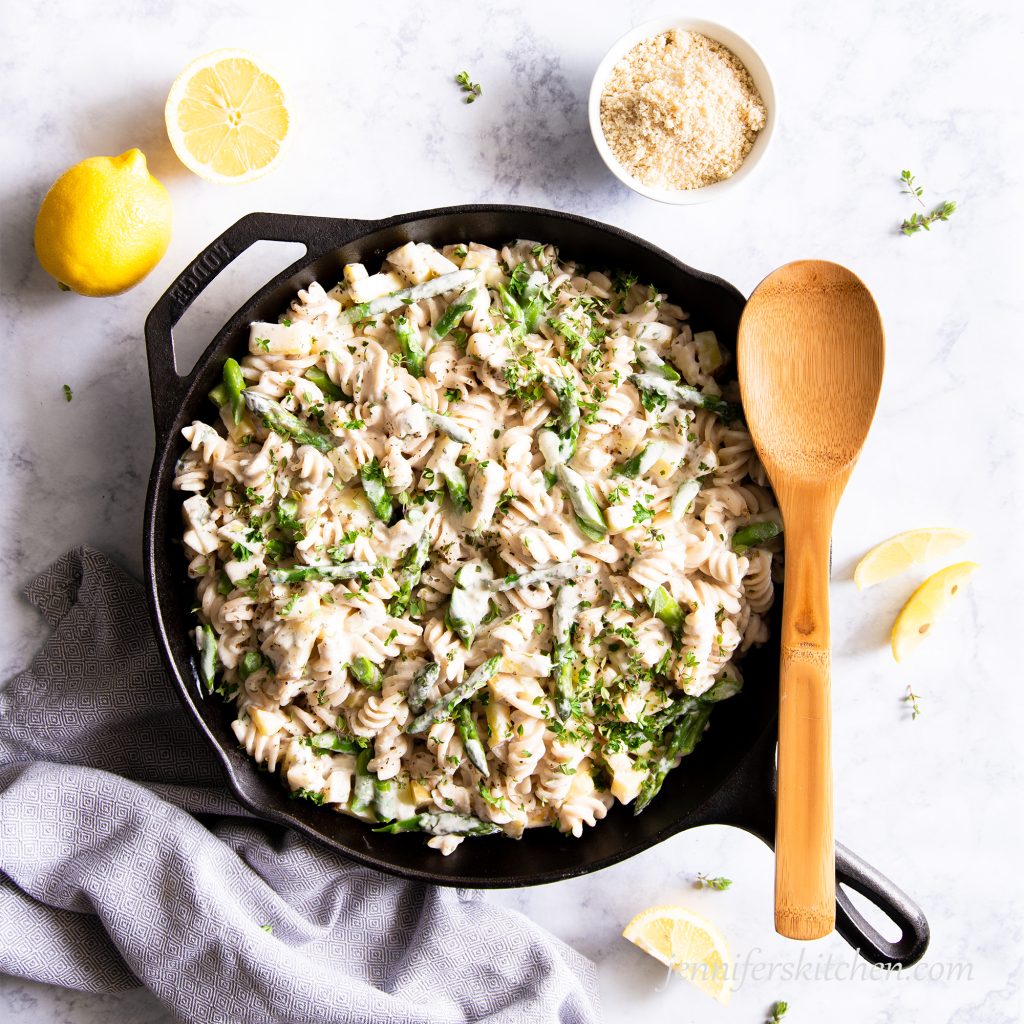
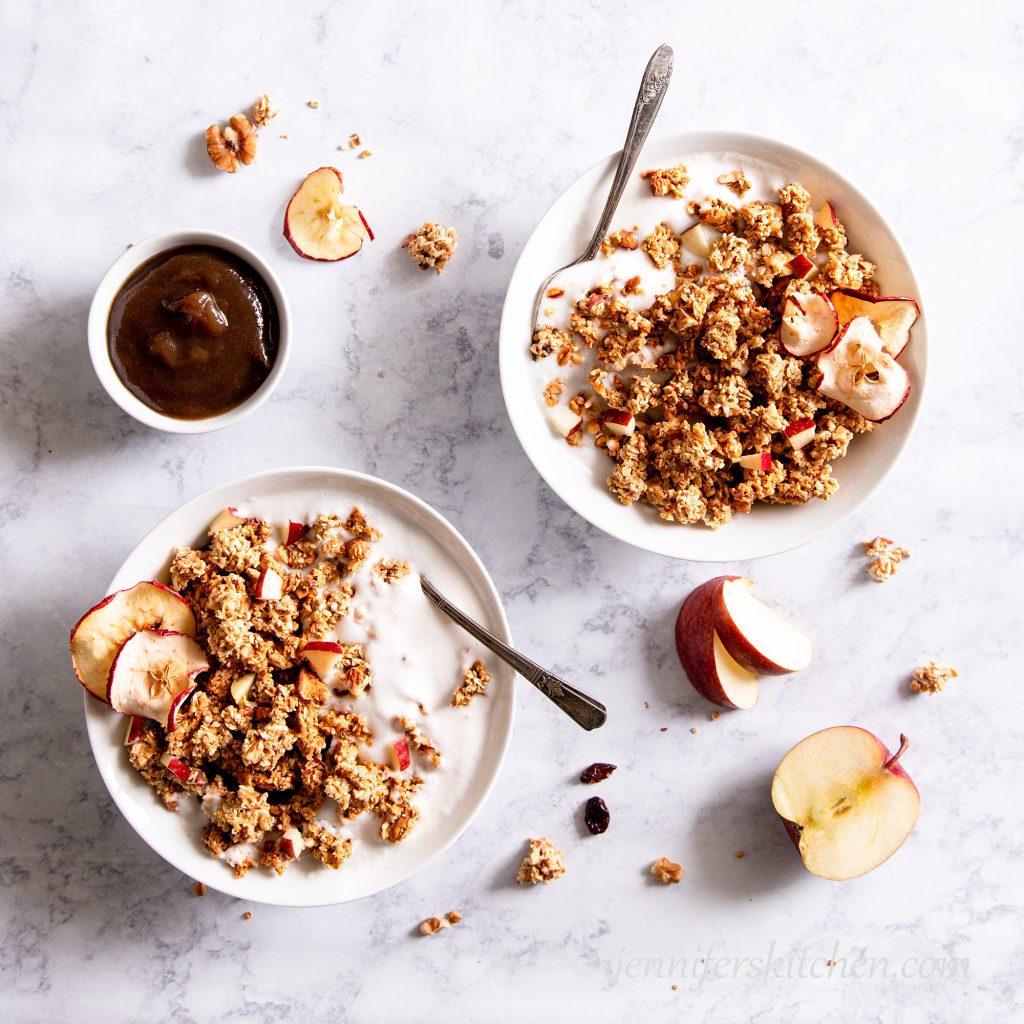
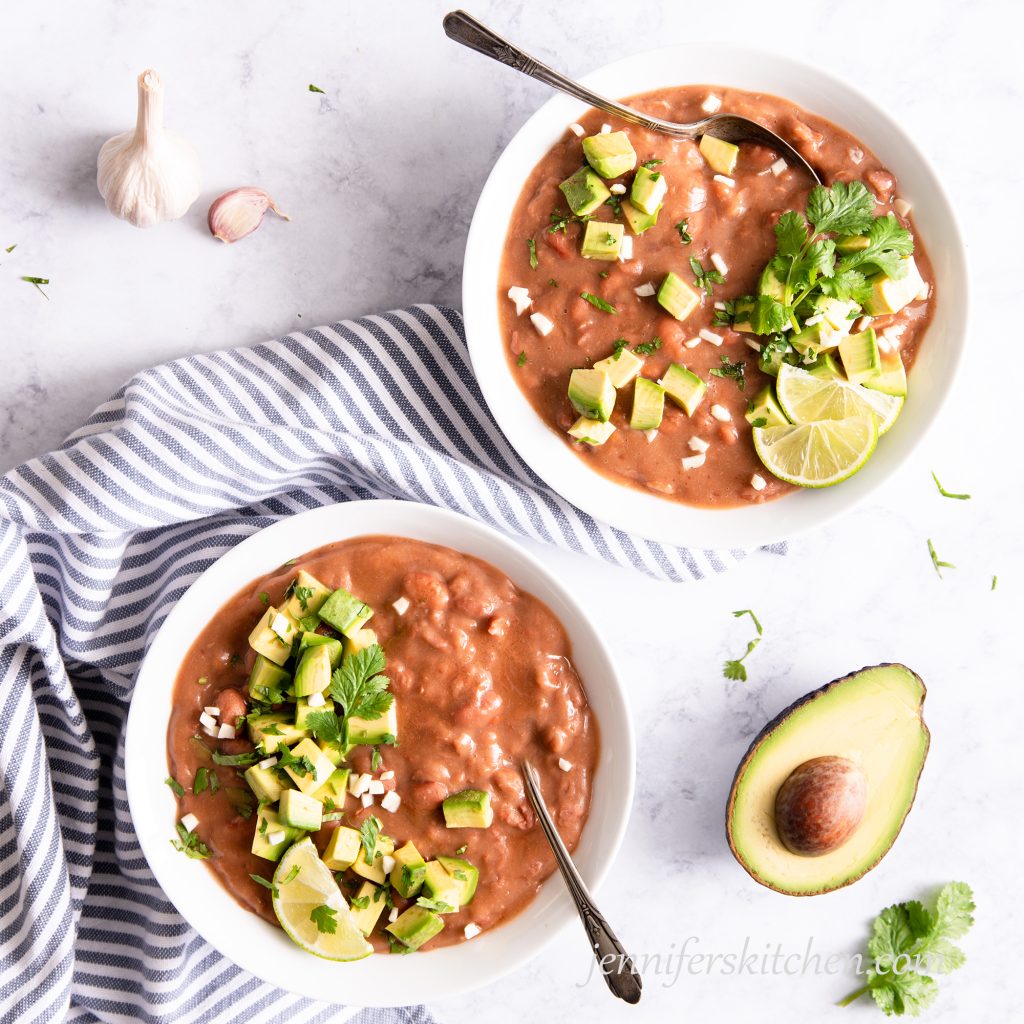
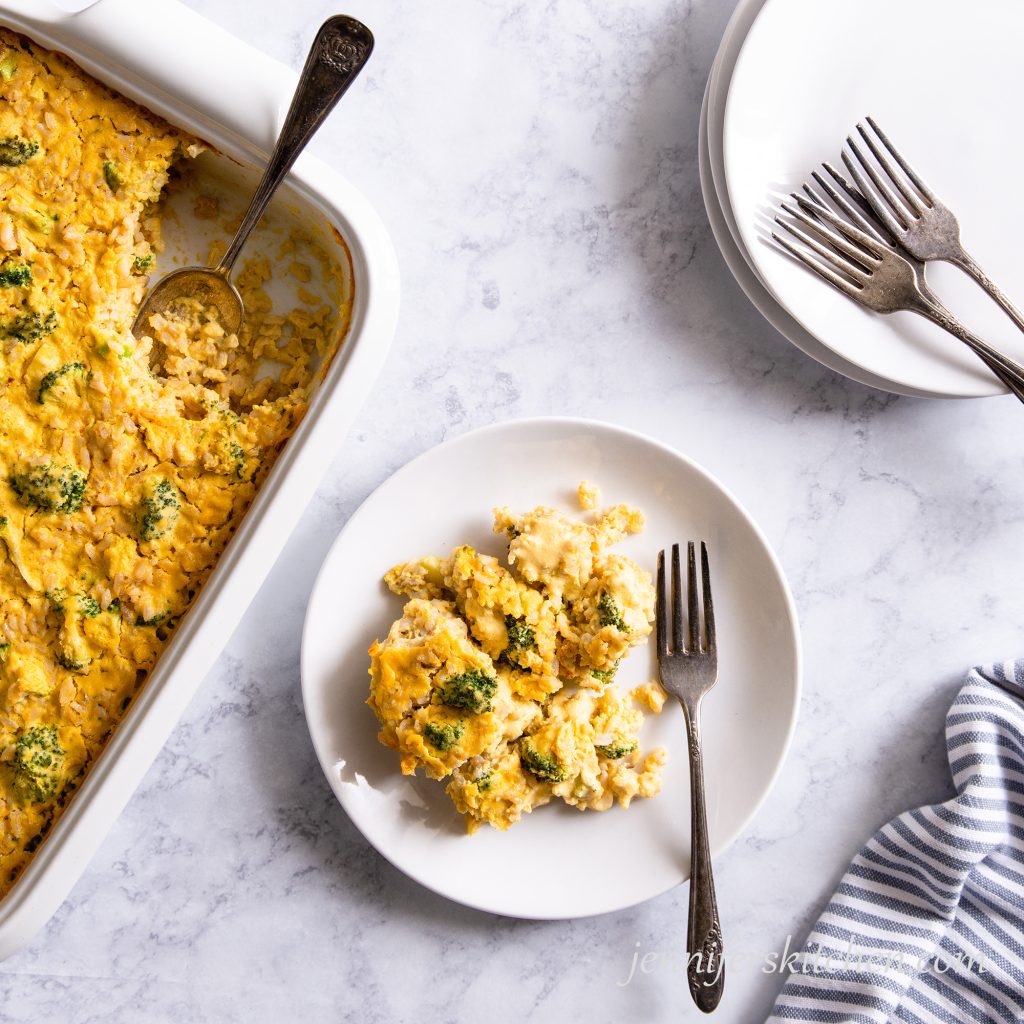
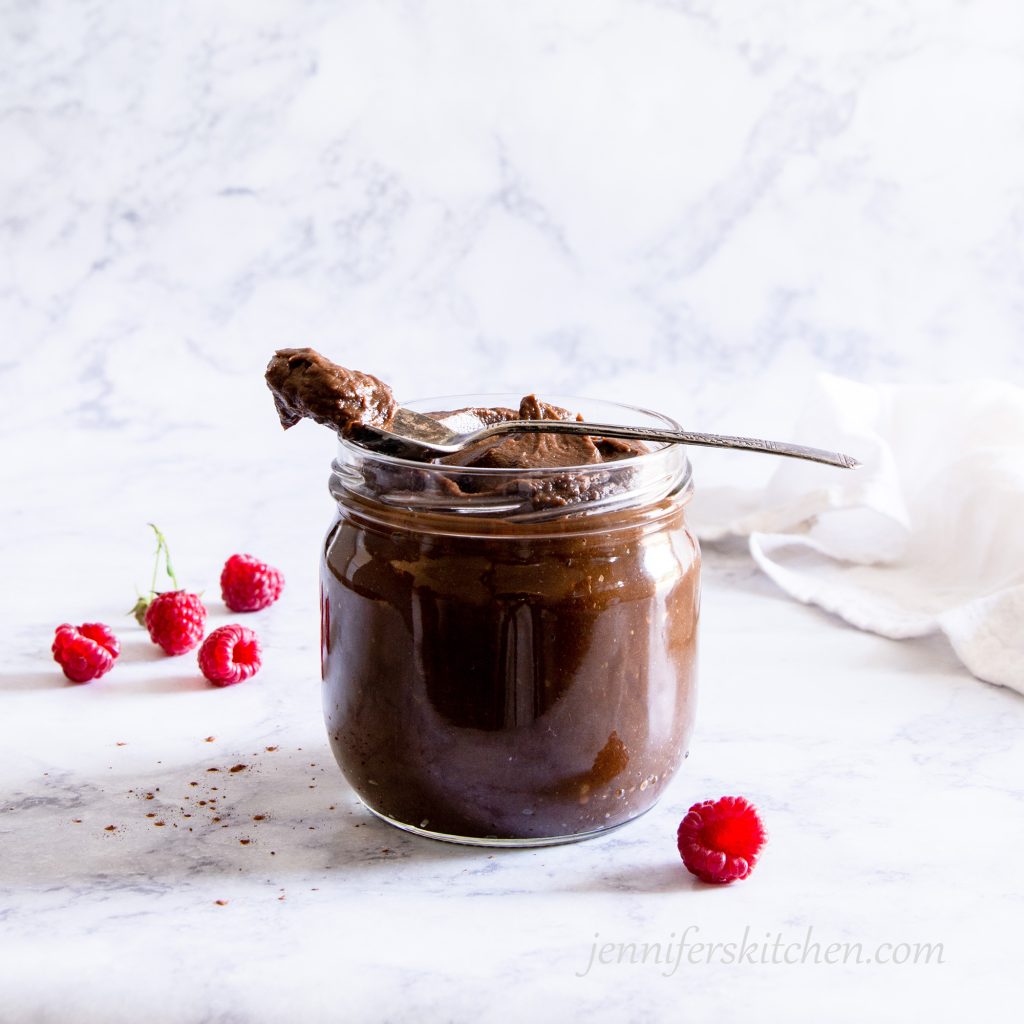
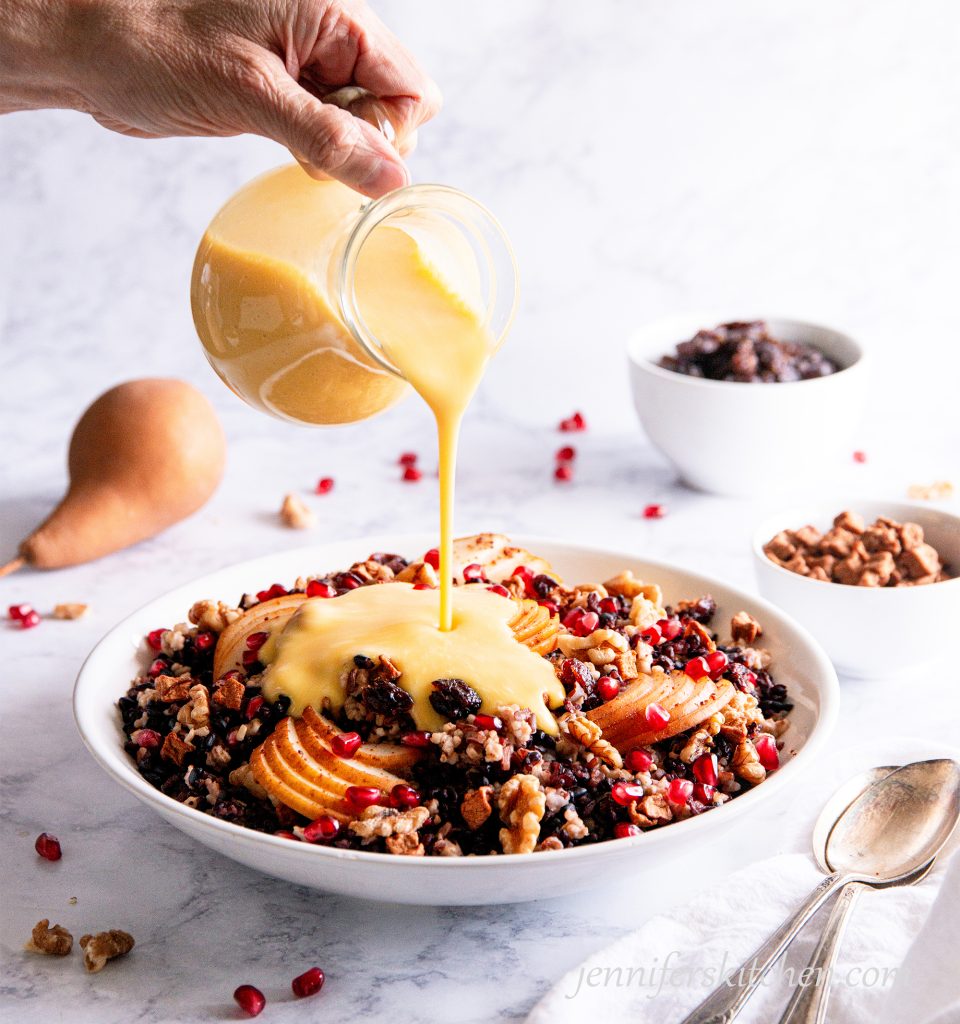
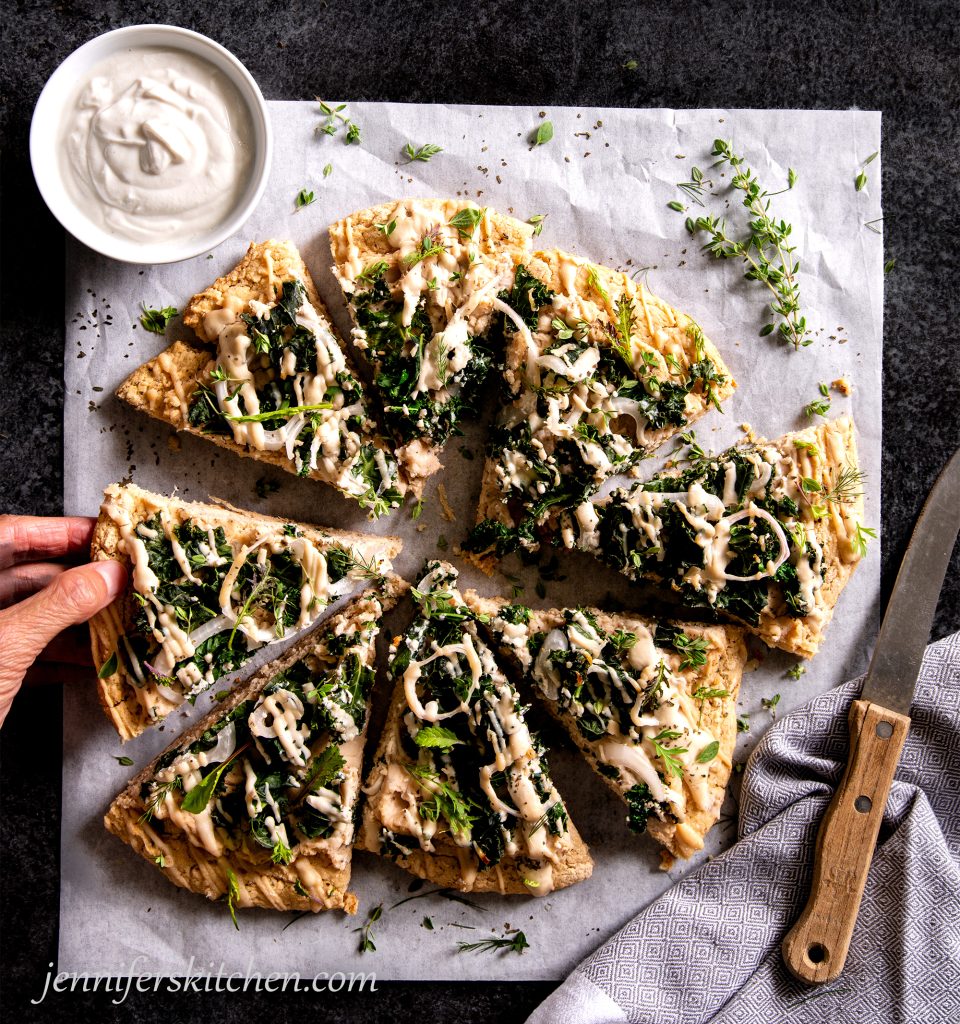
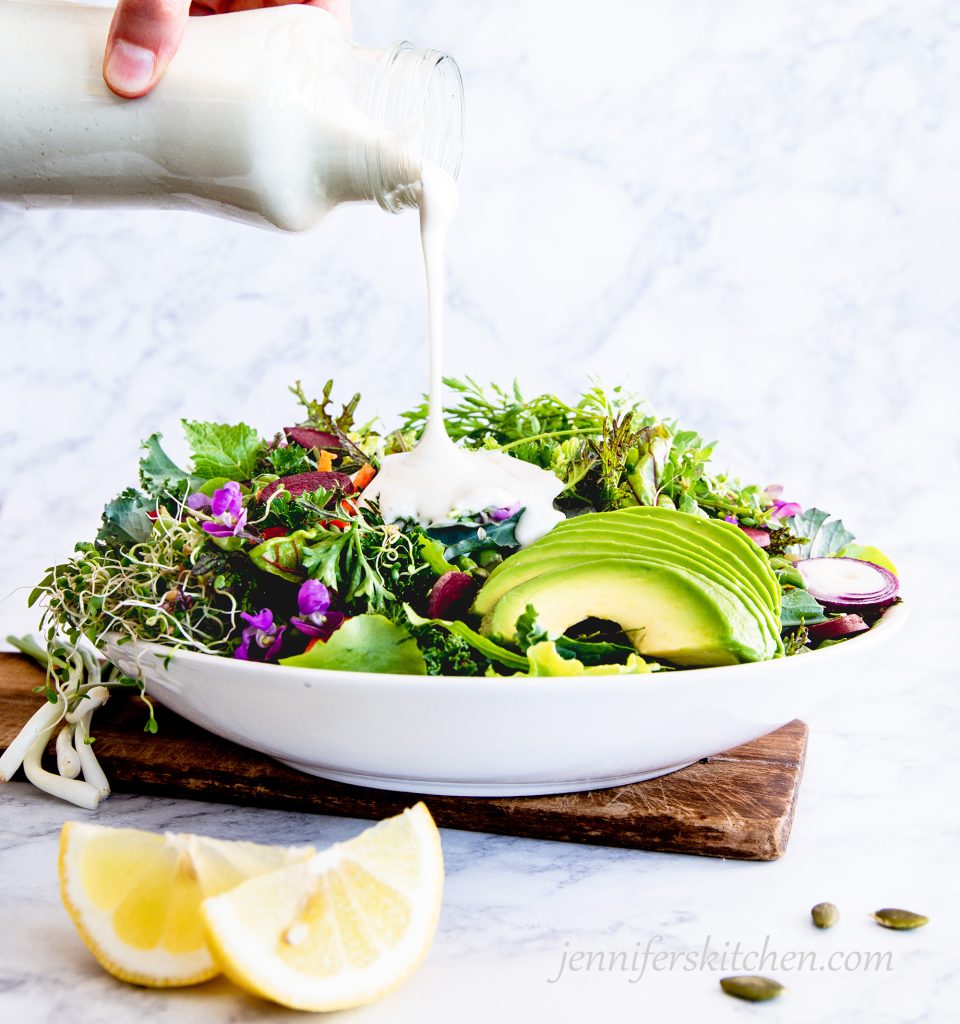
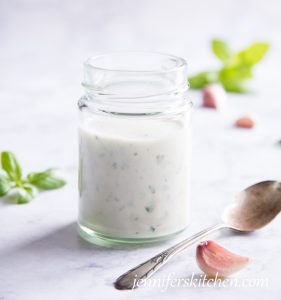

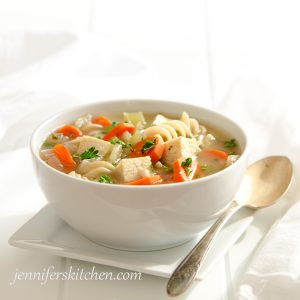
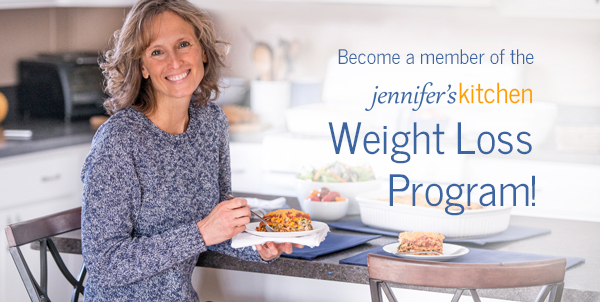
thank you
Do you have a cookbook published?
Why do you use oil in your recipes if oil is not a good thing to use?
Thank you.:)
Hi Marlenea,
Thank you for your comment. I do not have a cookbook but am considering publishing one.
My earlier recipes do sometimes contain oil, but after I studied about the effects of oil on our health, I made the decision to stop using oil, and so most of my recipes after that point don’t contain oil.
That said, I also realize that many people are not yet ready for that step. It is my hope that the recipes on my site (even if they do contain oil) are a healthful step in the right directions for many people who may otherwise be eating hamburgers and milkshakes or other unhealthful foods. 🙂
Jennifer
Thank you for the reminder. It seems like money and culinary tradition may play a role in the lack of reversal of these common health challenges. I love your info. and you didn’t even bring up the aspect of how adding heat causes rancidity and free-radical formation… I recently started cooking with stainless steel cookware trying to avoid Teflon contamination but there again you need more oil to make it non stick. Back to the drawing board.
I agree … money and habits do prevent us from doing better in the area of health.
I also like to cook with stainless steel. This is how I cook without oil in stainless steel:
https://jenniferskitchen.com/how-to-saute-without-oil-and-not-in-water/
Thank you for your comment, Dennis.